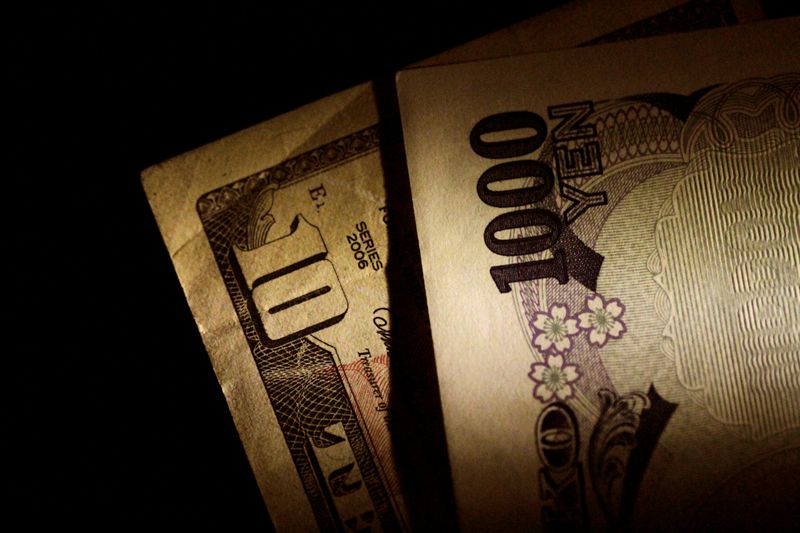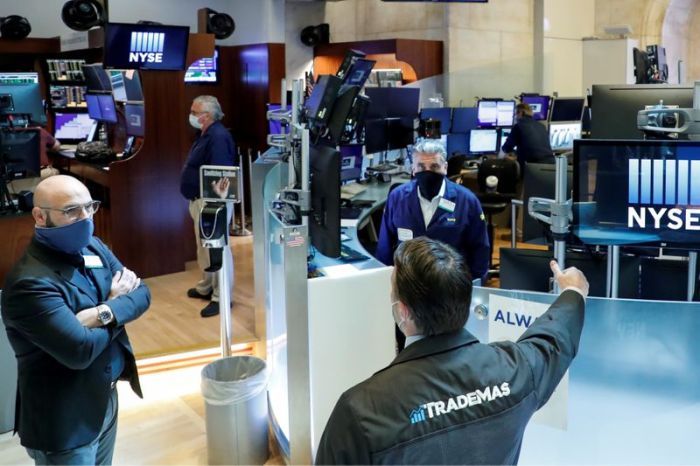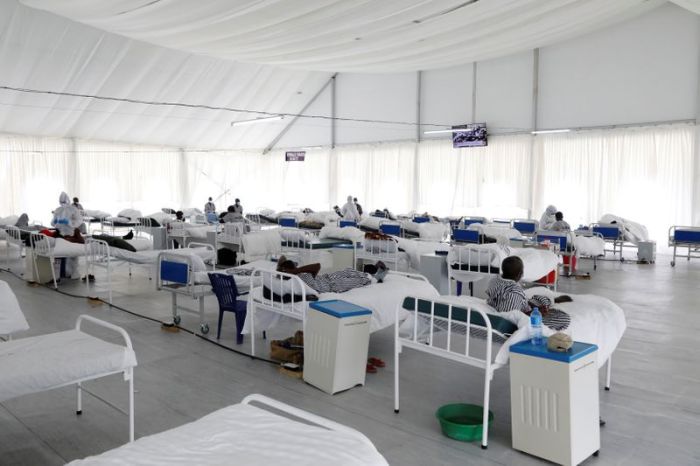NEW YORK (Reuters) – The safe-haven yen rose on Friday to its highest in more than four-months, while the dollar slumped to near a two-year low, as risk appetite waned due to a host of concerns including a continued rise in coronavirus cases, a delay in the U.S. stimulus package bill and simmering U.S.-China tensions.
The dollar posted its biggest weekly decline in almost four months against a basket of currencies and also saw its largest weekly percentage loss against a surging euro since late March.
“The first key thing is the Fed has knocked real rates down into negative territory, you have economic growth differentials turning against the U.S., so essentially the second wave of coronavirus infections is lowering activity across the states and is weighing on the likelihood of a rebound,” said Karl Schamotta, chief market strategist at Cambridge Global Payments.
“At the same time you have relatively positive signs elsewhere in the global economy.”
The U.S. Federal Reserve is scheduled to hold a two-day policy meeting next week.
U.S. coronavirus cases passed the 4 million mark. The pandemic has killed more than 143,000 Americans and thrown tens of millions out of work.
Senate Majority Leader Mitch McConnell said on Thursday that U.S. Senate Republicans will unveil their proposal next week for a new round of coronavirus aid, including more direct payments to Americans and a partial extension of enhanced unemployment benefits.
He added that the administration has requested additional time to review the fine details of the proposal.
U.S. unemployment benefits expire next week and without the extension of those benefits, millions of unemployed Americans would struggle massively. U.S. House Speaker Nancy Pelosi said on Friday she was not considering a temporary extension to enhanced unemployment benefits.
In afternoon trading, the dollar fell 0.8% against the yen to 105.99 yen <JPY=EBS>, having dropped to 105.68 yen, the lowest since mid-March.
Against a basket of currencies, the dollar slid 0.4% to 94.42 <=USD>. Earlier in the session, it plunged to 94.358, a fresh 22-month low.
Analysts said U.S.-China tensions also undermined the dollar.
China’s foreign ministry told the U.S. embassy early on Friday to close its consulate in the city of Chengdu, after Washington ordered the closure of the Chinese consulate in Houston, which U.S. officials called on Friday “one of the worst offenders in terms of Chinese espionage in the United States.”
The euro, meanwhile, hit a fresh 22-month high against the dollar and was last up 0.4% at $1.16415 <EUR=EBS>.
IHS Markit’s composite flash July Purchasing Managers’ Index (PMI) readings for the euro zone came in above economists’ expectations and showed activity bouncing back to growth in July as more businesses reopened after lockdowns to curtail the spread of the coronavirus.
The Chinese yuan, a barometer of China-U.S. tensions, looked set for its worst week in nearly three months. It was last down 0.07% at 7.0177 per dollar in the offshore market <CNH=EBS>.
(Graphic: Euro on course for best week in 2 months link: https://fingfx.thomsonreuters.com/gfx/mkt/xlbpgboowvq/Euro%20on%20course%20for%20best%20week%20in%202%20months.png)
(Reporting by Chuck Mikolajczak; Editing by David Gregorio)























